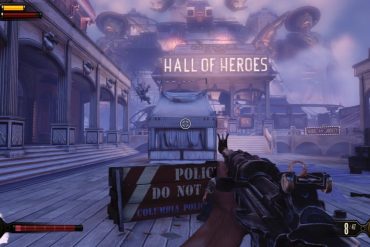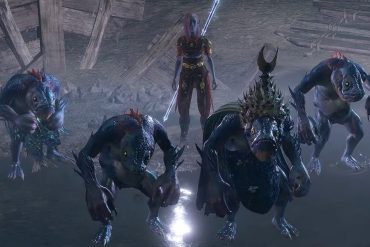Episode 46 – Talking on Games
…maker.
SHOW NOTES
Writing on Games YouTube Channel
‘Her Story‘ and the Birth of the Reader
Revisiting Killer 7 or: Art as Technique
Dark Souls Helped Me Cope With Suicidal Depression
Why Blighttown Really Matters (Dark Souls) – Writing on Games
How the Meaning of Vanquish (and Spec Ops: The Line) Changed
The Real Problem With Steam
Music Games and the Joy of Making Mistakes
Writing on GamesCast
Writing on Games Patreon
Opening Theme: ‘Close’ by The Alpha Conspiracy
Closing Theme: ‘Wishing Never’ by The Alpha Conspiracy
…









